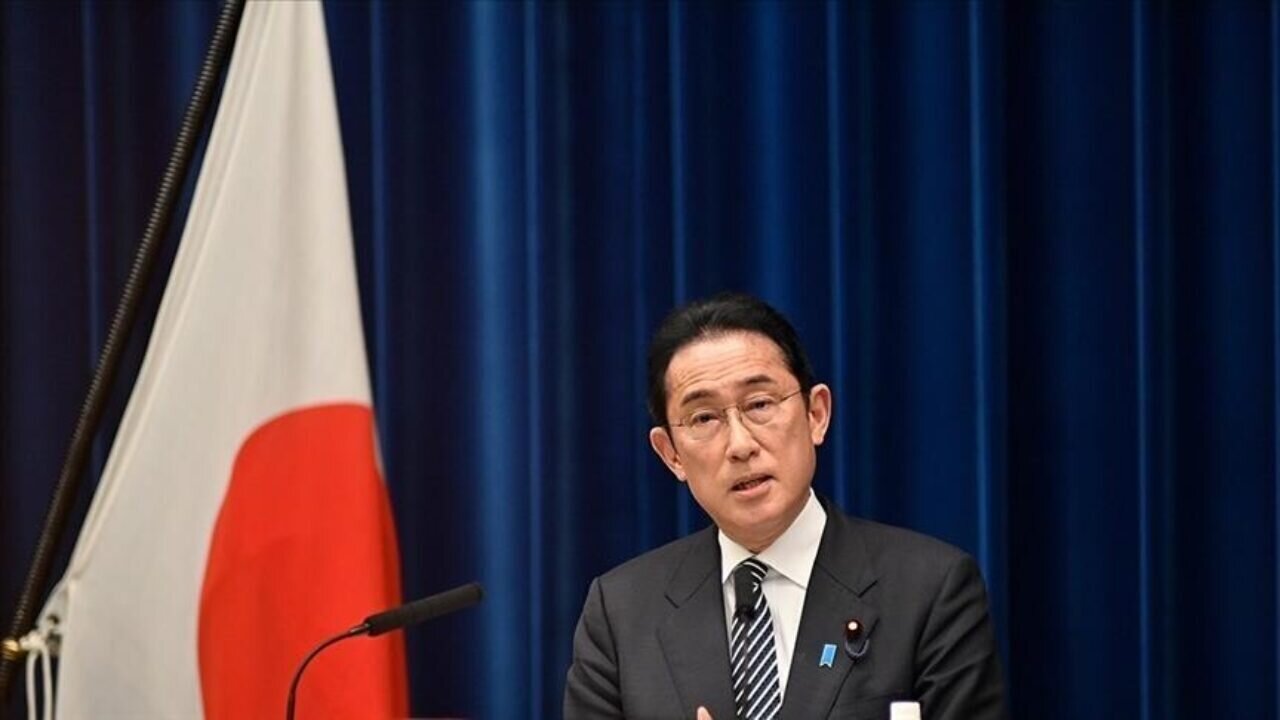Japan is mulling increasing its defense budget to 2% of gross domestic product by the next five years, a move seen as a major policy shift by the government amid ongoing tension in the region.
Prime Minister Fumio Kishida has directed his defense and finance ministers to boost the defense spending to 2% of GDP from the current 1% by 2027, The Japan Times reported on Tuesday.
Defense Minister Yasukazu Hamada, confirming the premier’s directives, said Kishida wants to increase the budget urgently within five years.
“Instead of saying we can’t do so due to the lack of financial resources, we need to come up with ways to secure the necessary funds swiftly,” the daily quoted Hamada as saying.
Japan has long maintained an informal cap on defense spending of around 1% of GDP, with the fiscal 2022 defense budget coming in at ¥5.4 trillion ($47 billion), excluding supplementary funding, according to the report.
Japan and China are at odds over Japan's Senkaku Islands, which Beijing claims and refers to as the Diaoyu Islands.
However, the tension on Korean Peninsula further grew after recent military drills by South Korea and the US and Japan and North Korean missile tests.
On Oct. 4, North Korea fired an intermediate-range ballistic missile that flew over Japan for the first time in five years, prompting Tokyo to impose additional sanctions against Pyongyang.
Last month, local media reported that Tokyo intends to purchase sea-launched Tomahawks with a range of up to 2,500 kilometers (1,553 miles) and the ability to travel relatively low to the ground from the US.
On Tuesday, Kishida told parliament that his government is improving missile defenses to send a message to those that threaten Japan.
“The basic idea (behind acquiring a counterstrike capability) is to enhance deterrence and further reduce the possibility of missile attacks,” the daily quoted the premier as saying.
So far, China has not reacted officially over Tokyo’s move to increase its defense budget, however, Chinese observers expressed deep concerns, saying the move targeted Beijing.
Source: AA









